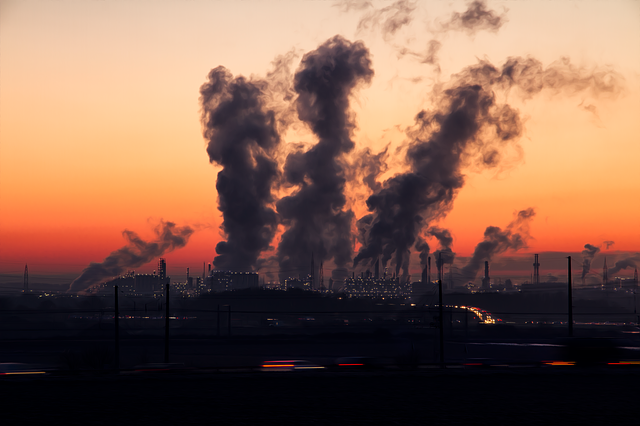Women Living In Polluted Areas More Likely To Have Dense Breasts, Risk Factor For Cancer

Many women know that certain lifestyle choices can affect their breast cancer risk, but few realize the risk associated with pollution levels in their hometown. According to a new study, women who live in areas with high pollution may be more likely to have dense breasts, a well-known breast cancer risk factor.
According to a study published online in Breast Cancer Research, women who live in areas with high air pollution, as measured by the levels of fine particles in the atmosphere, may be at increased risk for having dense breasts. Specifically, the study revealed that for every one unit increase in fine particle concentration, the chance of having dense breasts rose by 4 percent.
Read: Breast Cancer Treatment 2017: Drug May Halt Metastasis In Triple-Negative Tumors
"We found a positive association between fine particle concentration exposure and breast density but an inverse association between ozone exposure and breast density,” explained lead study researcher Dr. Lusine Yaghjyan, Medical Xpress reported. “This is an intriguing result that warrants further investigation to unpick any possible biological mechanism that might cause ozone exposure to reduce a woman's chance of having dense breasts."
Dense breasts have less fatty tissue and more non-fatty tissue than the average breast, and are also likely to have more gland tissues that drain milk, The Breast Cancer Organization reported. While this trait is known to be hereditary, the new research suggested it could also be developed due to environmental factors. Dense breasts are up to six times more likely to develop cancer. In addition, mammograms have a harder time taking accurate photos of dense breasts, increasing the likelihood that cancer may go undetected.
Before you up and move just yet, Yaghjyan emphasized that just because there was a link between living in a polluted city and having dense breasts did not necessarily mean one caused the other.
Source: Yaghjyan L, Arao R, Brokamp C, et al. Association between air pollution and mammographic breast density in the Breast Cancer Surveillance Consortium. Bio Med Central. 2016
See Also:
Breast Cancer Risks And Weight: Inflamed Breast Fat Linked To Cancer In Women With Healthy BMI



























